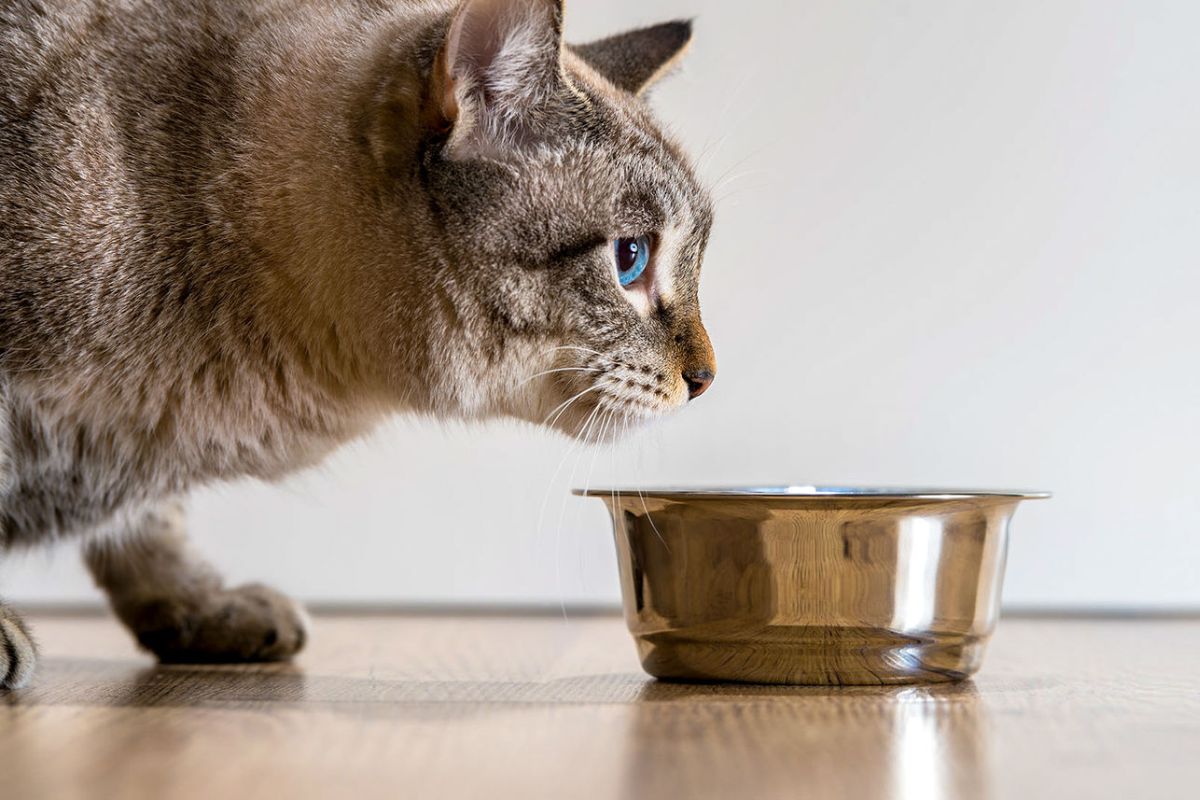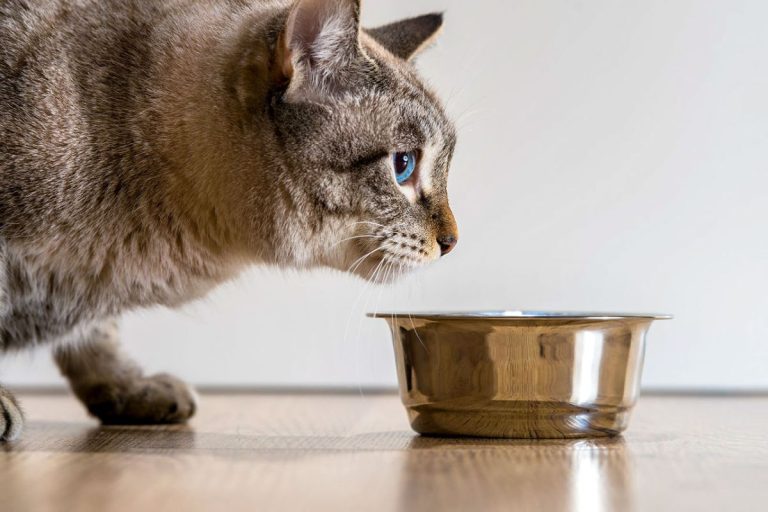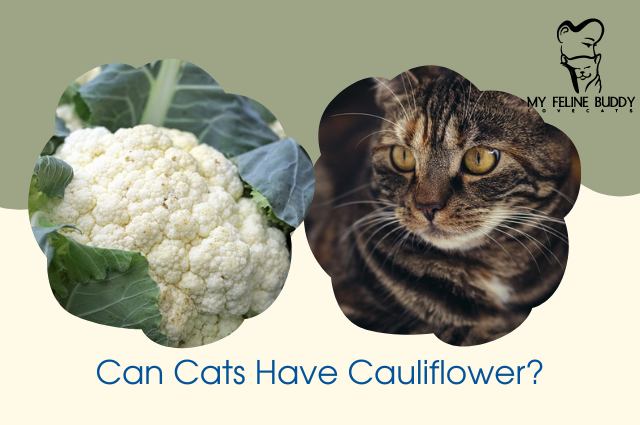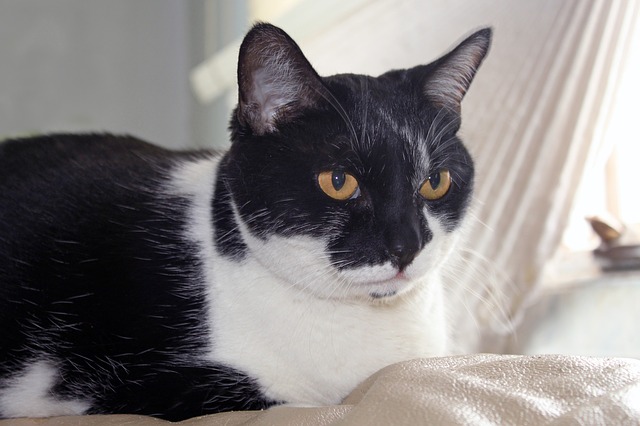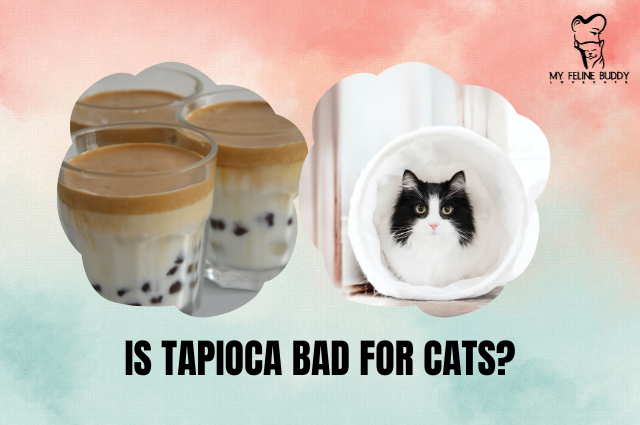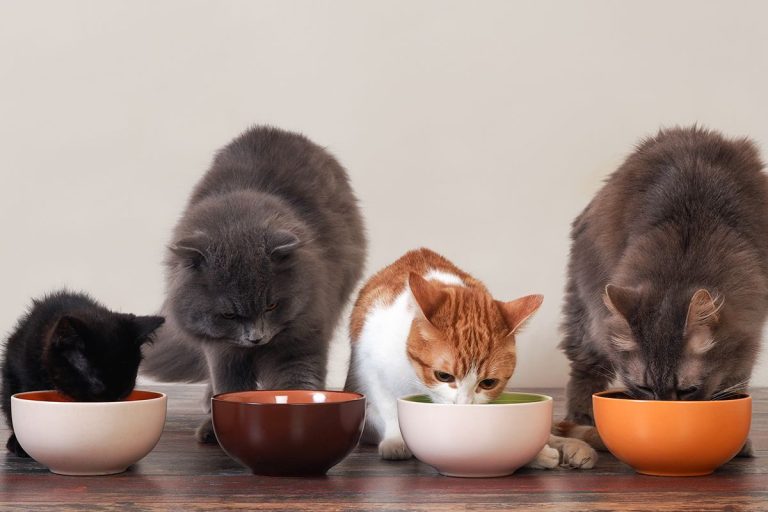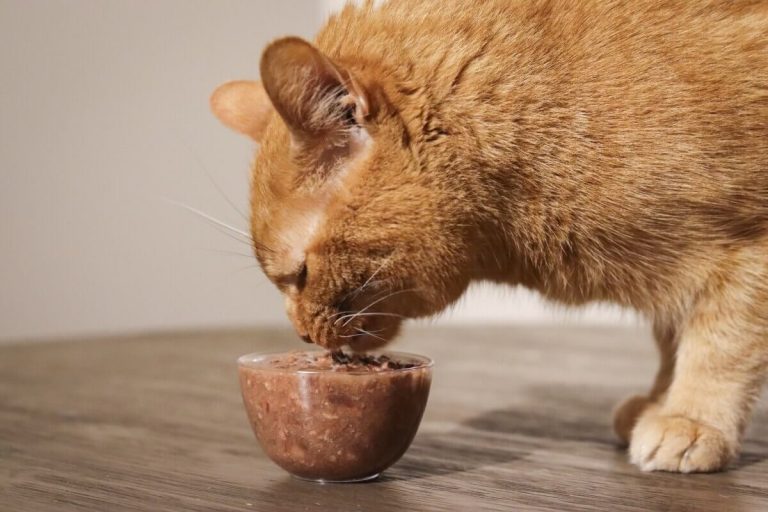Best Wet Food for Cats with Urinary Health Issues
Maintaining urinary health is crucial for cats, as they are prone to various urinary tract issues that can significantly affect their overall well-being. Common conditions include urinary tract infections (UTIs), bladder stones, and feline idiopathic cystitis (FIC).
These issues can lead to painful symptoms and, in severe cases, life-threatening complications. A proper diet plays a vital role in managing these conditions. Specifically, wet food can help maintain hydration and provide essential nutrients that support urinary tract health.
Choosing the right wet food can alleviate symptoms and prevent future problems.
Common Urinary Health Issues in Cats
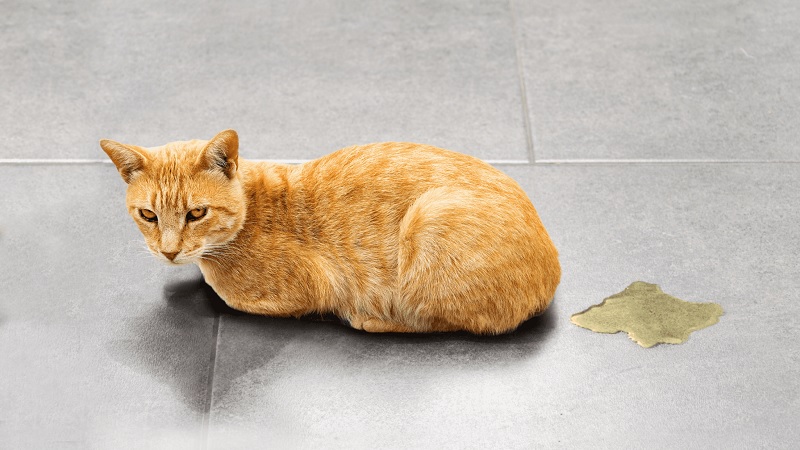
Understanding the common urinary health issues in cats is essential for effective management and prevention. These conditions can lead to discomfort and serious health concerns if left untreated.
Recognizing the signs of these issues allows pet owners to seek timely veterinary care.
Urinary Tract Infections (UTIs)
Urinary tract infections (UTIs) occur when harmful bacteria invade the urinary system, leading to inflammation and discomfort. Symptoms may include frequent urination, straining to urinate, and blood in the urine.
Female cats are particularly susceptible due to their shorter urethra. If left untreated, UTIs can escalate into more severe conditions, making prompt veterinary care essential. Treatment typically involves antibiotics and dietary adjustments to prevent recurrence.
Feline Idiopathic Cystitis (FIC)
Feline idiopathic cystitis (FIC) is a common cause of lower urinary tract disease in cats, particularly those under ten years old. The exact cause remains unknown but is often linked to stress and environmental changes.
Symptoms include painful urination and increased frequency of urination without producing much urine. Management may involve behavioral therapy, stress reduction techniques, and dietary modifications aimed at reducing bladder inflammation.
Struvite Crystals and Stones
Struvite crystals form when urine becomes overly alkaline, leading to the development of stones that can obstruct the urinary tract. Symptoms include straining to urinate and blood in the urine. Male cats are particularly at risk due to their narrower urethras.
Treatment often requires dietary changes to acidify the urine and dissolve the crystals, along with increased water intake.
Calcium Oxalate Crystals and Stones
Calcium oxalate crystals are another type of urinary stone that can form in cats. Unlike struvite stones, these require a different dietary approach, as they thrive in acidic urine.
Symptoms mirror those of other urinary issues, including frequent urination and discomfort. Surgical intervention may be necessary if stones become large or cause blockages.
Symptoms of Urinary Issues in Cats
Recognizing the symptoms of urinary health issues is vital for early intervention. Common signs include frequent urination, straining or crying out while urinating, blood in the urine, inappropriate urination outside the litter box, and excessive licking of the genital area.
If any of these symptoms are observed, immediate veterinary consultation is crucial to prevent complications.
Role of Wet Food in Urinary Health
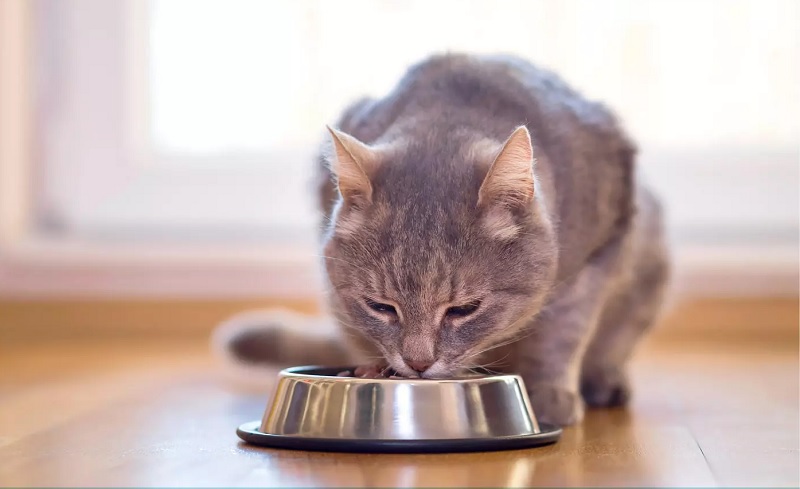
Wet food plays a significant role in maintaining hydration for cats with urinary health concerns. It’s important to understand how wet food can benefit your
Hydration Benefits of Wet Food
Wet food plays a significant role in maintaining hydration for cats, which is essential for urinary health. Cats often do not drink enough water on their own; therefore, incorporating wet food into their diet helps increase fluid intake.
Proper hydration dilutes urine concentration, reducing the risk of crystal formation and urinary tract infections. Additionally, wet food can enhance overall kidney function by promoting better urine flow.
Nutritional Considerations for Urinary Health
When selecting wet food for cats with urinary health issues, it’s important to consider nutritional content. Look for formulas specifically designed for urinary health that contain low magnesium levels and balanced protein sources.
Essential fatty acids like Omega-3 can also support overall health by reducing inflammation within the urinary tract. Always consult your veterinarian for recommendations tailored to your
Differences Between Wet and Dry Cat Food
Wet food differs from dry
Key Ingredients to Look for in Wet Food
Identifying key ingredients that promote urinary health is critical when choosing wet food for your
High Moisture Content
High moisture content is critical when selecting wet food for cats with urinary health concerns. Foods with at least 70% moisture help ensure adequate hydration levels. This not only dilutes urine but also supports kidney function by promoting regular urination.
Low Magnesium Levels
Low magnesium levels are essential for preventing struvite crystal formation in a
Balanced Protein Sources
Balanced protein sources are vital for maintaining overall health while managing urinary issues. Look for high-quality animal proteins that provide essential amino acids without excessive phosphorus or sodium. These proteins support muscle maintenance while being gentle on the kidneys.
Essential Fatty Acids
Essential fatty acids like Omega-3 play a significant role in reducing inflammation within the urinary tract. These fatty acids can be found in fish oils or specially formulated diets designed for cats with urinary problems. Including these ingredients may contribute positively to your
Added Supplements for Urinary Health
Supplements such as cranberry extract can help maintain urinary tract health by preventing bacterial adhesion within the bladder. When selecting wet food, look for products that include these beneficial supplements alongside essential vitamins and minerals tailored toward supporting urinary health.
What to Avoid in Wet Food for Urinary Health
Being aware of what ingredients to avoid is equally important when selecting wet food for your
High Carbohydrate Levels
High carbohydrate levels should be avoided when selecting wet food for cats with urinary issues. Excessive carbohydrates can lead to obesity and other health complications that exacerbate urinary problems. Opting for low-carb options ensures better weight management and overall health.
Artificial Preservatives and Fillers
Artificial preservatives and fillers can negatively impact your
Excessive Sodium
Excessive sodium levels can lead to increased thirst and potential kidney strain over time. It’s crucial to select wet foods with balanced sodium levels that support rather than hinder your
Best Wet Food Brands for Cats with Urinary Health Issues
When it comes to managing urinary health in cats, choosing the right wet food is crucial. Wet food not only provides essential hydration but also helps maintain a healthy urinary pH, reducing the risk of crystal formation. Here are five top brands that cater specifically to the needs of cats with urinary health issues.
Purina Pro Plan Urinary Tract Health Canned Cat Food
Purina Pro Plan’s Urinary Tract Health formula is designed to reduce urinary pH and contains low magnesium levels, which are vital for preventing urinary crystals. This wet food is available in various flavors, including ocean whitefish, ensuring that even the pickiest eaters are satisfied. Additionally, it is free from artificial colors and preservatives, making it a wholesome choice for your feline friend.
Weruva Frisky Fishin’ Friends Variety Pack
The Weruva Frisky Fishin’ Friends Variety Pack features high protein content and an impressive 83% moisture level, which are essential for maintaining urinary health. While not specifically marketed for urinary issues, its low phosphorus and magnesium levels make it a suitable option for cats needing general urinary support. The real fish ingredients and water base create a nutritious meal that many cats find irresistible.
Hill’s Prescription Diet c/d Multicare Urinary Care
Hill’s Prescription Diet c/d Multicare is a clinically proven formula designed to dissolve struvite stones and help maintain optimal urine pH levels. Often recommended by veterinarians, this prescription diet is tailored for cats with existing urinary tract issues. It offers comprehensive support to reduce the risk of stone formation while providing balanced nutrition.
Wellness Gravies Salmon Entree
Wellness Gravies Salmon Entree is known for its balanced protein sources derived from salmon, turkey, and egg whites. This wet food not only delivers high moisture content but also caters to cats requiring extra hydration. Its nutritious profile ensures that your
Tiki Cat Succulent Chicken Recipe in Chicken Consommé
Tiki
Homemade Wet Food Options for Cats with Urinary Issues
Exploring homemade options allows pet owners greater control over their
Benefits of Homemade Diets
Homemade diets allow pet owners full control over ingredient quality while tailoring meals specifically to their
Simple Recipes for Urinary Health
A simple recipe might include cooked chicken breast mixed with pumpkin puree and low-sodium chicken broth. This combination provides hydration while being gentle on the digestive system. Always consult your veterinarian before introducing homemade meals into your
Important Nutritional Considerations
When preparing homemade meals, ensure they are nutritionally balanced by including appropriate protein sources alongside necessary vitamins and minerals. Consulting a veterinary nutritionist can help create a well-rounded diet plan that supports your
Transitioning Your Cat to New Wet Food
Transitioning your
Signs Your Cat Needs a Change
Signs indicating your
How to Gradually Introduce New Food
Gradually introducing new wet food involves mixing it with your
Monitoring Your Cat ’s Response to New Food
Monitoring your
Additional Tips for Maintaining Urinary Health in Cats
In addition to proper nutrition, there are several lifestyle tips that can significantly contribute to maintaining optimal urinary health in cats.
Importance of Regular Vet Check-ups
Regular veterinary check-ups are vital for early detection of potential urinary issues before they escalate into serious problems. Routine examinations allow veterinarians to monitor your
Hydration Tips
Encouraging water intake is essential; consider using pet water fountains or adding water or broth to dry kibble if necessary. Keeping fresh water available at all times promotes healthy hydration levels critical for preventing urinary issues.
The Role of Play and Exercise in Urinary Health
Regular playtime helps maintain a healthy weight while reducing stress levels—both factors contributing positively towards maintaining optimal urinary health. Engaging your
Frequently Asked Questions
What Are The Signs Of Urinary Problems In Cats?
Signs include straining to urinate, frequent attempts with little output, painful urination, blood in the urine, and urinating outside the litter box. Cats may also lick their genital area excessively and show signs of discomfort or distress.
How Can I Tell If My Cat ’s Wet Food Is Suitable For Urinary Health?
Look for high moisture content, low magnesium levels, and specific formulations designed for urinary health. Ingredients should support bladder function and prevent crystal formation.
Is Homemade Wet Food Better Than Commercial Options?
Homemade wet food can be beneficial if balanced correctly, but it may lack essential nutrients. Commercial options often meet veterinary standards for urinary health.
Can Wet Food Prevent Urinary Health Issues?
Wet food can help maintain hydration and dilute urine, potentially reducing the risk of urinary issues like crystals and infections.
How Much Wet Food Should I Feed My Cat Daily?
Generally, feed about 1/4 to 1/2 can per meal, adjusting based on your
Are There Specific Brands Recommended By Veterinarians?
Veterinarians often recommend brands like Hill’s Prescription Diet, Royal Canin Urinary SO, and Purina Pro Plan Veterinary Diets for urinary health.
Final Words
Ensuring proper dietary choices significantly impacts managing feline urinary health issues effectively. Consulting with a veterinarian will provide personalized advice tailored specifically toward maintaining optimal well-being while addressing any unique concerns regarding diet modifications needed based on individual circumstances.
